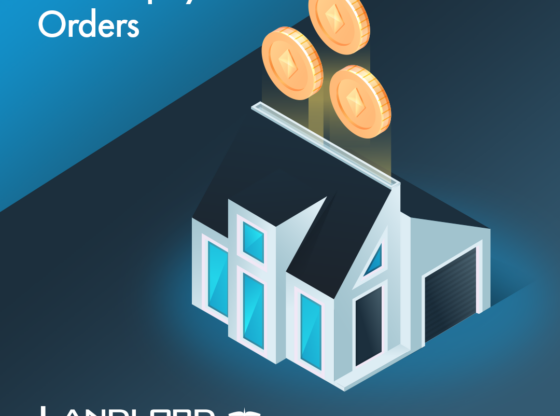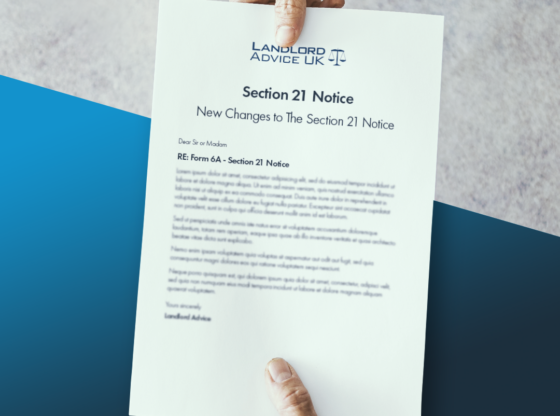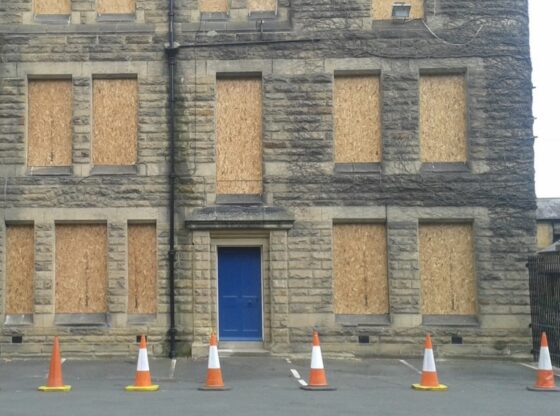On 29 August 2020 the Government enacted The Coronavirus Act 2020 (Residential Tenancies: Protection from Eviction) (Amendment) (England) Regulations 2020. The notice periods required to be given under Section 8 and 21 Notices has been extended as detailed below.
Section 21 – 6 months notice in all cases. The period in which possession proceedings may be brought on a section 21 notice has been extended from 6 months from date of service to 10 months from date of service.
Schedule 2 of the Housing Act 1988 Grounds (Section 8 Grounds):
Grounds 1-6: 6 months notice
Ground 9 – 6: months notice
Grounds 12 or 13: 6 months notice
Grounds 15 or 16: 6 months notice
Ground 8, 10 or 11 where rent arrears are less than 6 months: 6 months notice.
Ground 7 where no other notice is specified: 3 months notice.
Ground 7A: 4 weeks’ notice for weekly tenancy or 1 month for monthly tenancy.
Grounds 8, 10 & 11, where no other ground is specified in the notice, and rent arrears at the time of service of the notice are not less than 6 months: 4 weeks’ notice.
Ground 14: No notice period (which is the same as before the Coronavirus Act 2002 was enacted).
Grounds 14A, 14ZA or 17 are specified in the notice, but no other grounds: 2 weeks’ notice.
In addition, new court rules have been agreed, which will come into force on 20 September meaning landlords will need to set out in their claim any relevant information about a tenant’s circumstances, including information on the effect of the COVID-19 pandemic. Where this information is not provided, judges will have the ability to adjourn proceedings.
Secretary of State for Housing, Rt Hon Robert Jenrick MP said:
We have developed a package of support for renters to ensure they continue to be protected over winter. I have changed the law so that renters are protected by a 6 month notice period until March 2021.
No tenant will have been legally evicted for 6 months at the height of the pandemic as the stay on possession proceedings has been extended until 20 September. For the most egregious cases, for example those involving anti-social behaviour or domestic abuse perpetrators, notice periods have returned to their normal level, and landlords will be able to progress serious rent arrears cases more quickly.
These changes will support landlords to progress the priority cases while keeping the public safe over winter. We will keep these measures under review and decisions will continue to be guided by the latest public health advice.
The new legislation applies to both the private and social rented sectors in England, and to all new notices in relation to assured, assured shorthold, secure, flexible, introductory and demoted tenancies and those under the Rent Act 1977, but not to any notices issued before the legislation comes into force.
Courts will carefully prioritise the most egregious cases, including anti-social behaviour, fraud, and domestic abuse, ensuring landlords are able to progress the most serious cases, such as those involving anti-social behaviour and other crimes.











